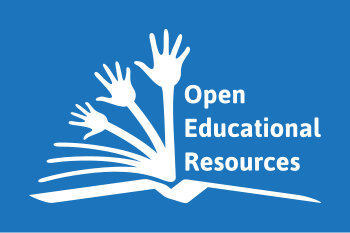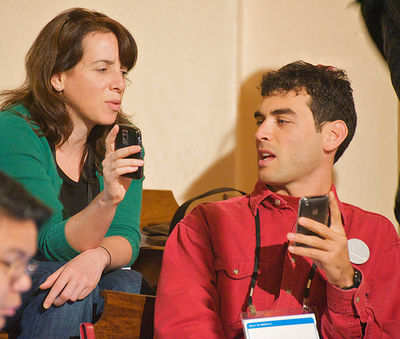Teaching approach
| Welcome and introduction | |
|---|---|
| Course introduction | Welcome and Overview | Getting Started | Introductions | Study plan |
Contents
Pedagogy of discovery
An important feature of this course is the course pedagogy.
- Pedagogy means "the art, science, or profession of teaching" Merriam-Webster Dictionary
In Practice Context we use the ‘pedagogy of discovery’ (including self-discovery) to encourage a free-range learning approach. This approach includes self-directed content gathering and analysis rather than content that is pre-selected for you. This approach is deliberate in order to allow you to seek out information and areas of study of personal and direct interest or relevance to your own work context.
Each Unit and Topic within the Studydesk will guide you to explore relevant learning for your own work siuation.
Learning Literacies in a Digital Age (LLiDA) “Framework of Frameworks”
The “Framework of Frameworks” is a cornerstone of the pedagogy in Practice Context. The LLiDA framework is represented in the table below. The Framework demonstrates the component competences you will develop throughout your studies, all of which are important skills required in the Digital Age. These competences include metacognition, academic practices and information literacy, communication and collaboration skills, media, ICT, digital and computer literacy, greater participation and engagement with citizenship, which enhances your professional role.
| |
Component competences |
| Learning to learn, metacognition | Reflection, Strategic planning, Self-evaluation, Self-analysis, Organisation (time, etc.) |
| Academic practice, study skills | Comprehension, Reading/apprehension, Organisation (knowledge), Synthesis, Argumentation, Problem-solving, Research skills, Academic writing, Specific subject discipline skills as appropriate |
| Information literacy | Identification, accession, organisation, evaluation |
| Communication and collaboration skills | Teamwork, Networking, 'Speaking' and 'listening' skills (see below for different media) |
| Media literacy (also 'visual' and 'audio' and 'video' literacies) | Critical 'reading', Creative production |
| ICT/digital/computer literacy | Keyboard skills, Use of capture technologies, Use of analysis tools, Use of presentation tools, General navigation/UI skills, Adaptivity Agility Confidence/exploration |
| Employability | Self-regulation, Team working, Problem solving, Business and customer awareness, Innovation/enterprise |
| Citizenship | Participation and engagement, Ethicality/responsibility, Political, social, personal responsibility |
- (Source: Beetham, Helen, McGill, Lou & Littlejohn, Allison 2009, Thriving in the 21st Century: Learning Literacies for the Digital Age (LliDA project), The Caledonian Academy, Glasgow Caledonian University. Accessed 22 August 2011, http://www.caledonianacademy.net/spaces/LLiDA/uploads/Main/LLiDAreportJune09.pdf.)
While this all could seem a little daunting for some, please remember you will not be alone on your information seeking journey. You will have clear guidance through e-tivities (electronic/online activities) as to what types of information you are looking for. Formally enrolled learners will also have opportunities to share your findings with your fellow particiants and the course facilitator using asynchronous(online in your own time frame) discussions. Other opprtunites for sharing will be negotiated.
Conclusion
Upon successful completion of this course, not only will you know more about the dual role of a professional teriary educator and your own work context, but your online research skills will also have improved. You will be more adept at finding and evaluating digital information, thereby enhancing your digital literacy, but in the process, you will also be more skilled at evaluating the quality and reliability of that information.
References
Beetham, Helen, McGill, Lou & Littlejohn, Allison 2009, Thriving in the 21st Century: Learning Literacies for the Digital Age (LliDA project), The Caledonian Academy, Glasgow Caledonian University. Accessed 22 August 2011, www.caledonianacademy.net/spaces/LLiDA/uploads/Main/LLiDAreportJune09.pdf.
Harris, Robert 1997, ‘Evaluating Internet Research Sources’. VirtualSalt. Accessed 17 October 2001, http://www.virtualsalt.com/evaluat8it.htm.
Salmon, Gilly 2002, E-learning activities: The Key to Active Online Learning, Kogan, London, Accessed 22 August 2011, http://web.ebscohost.com/ehost/ebookviewer/ebook/nlebk_115618_AN?sid=58fd8e05-660d-44df-a1ca-935c5636a7f9@sessionmgr14&vid=1.

